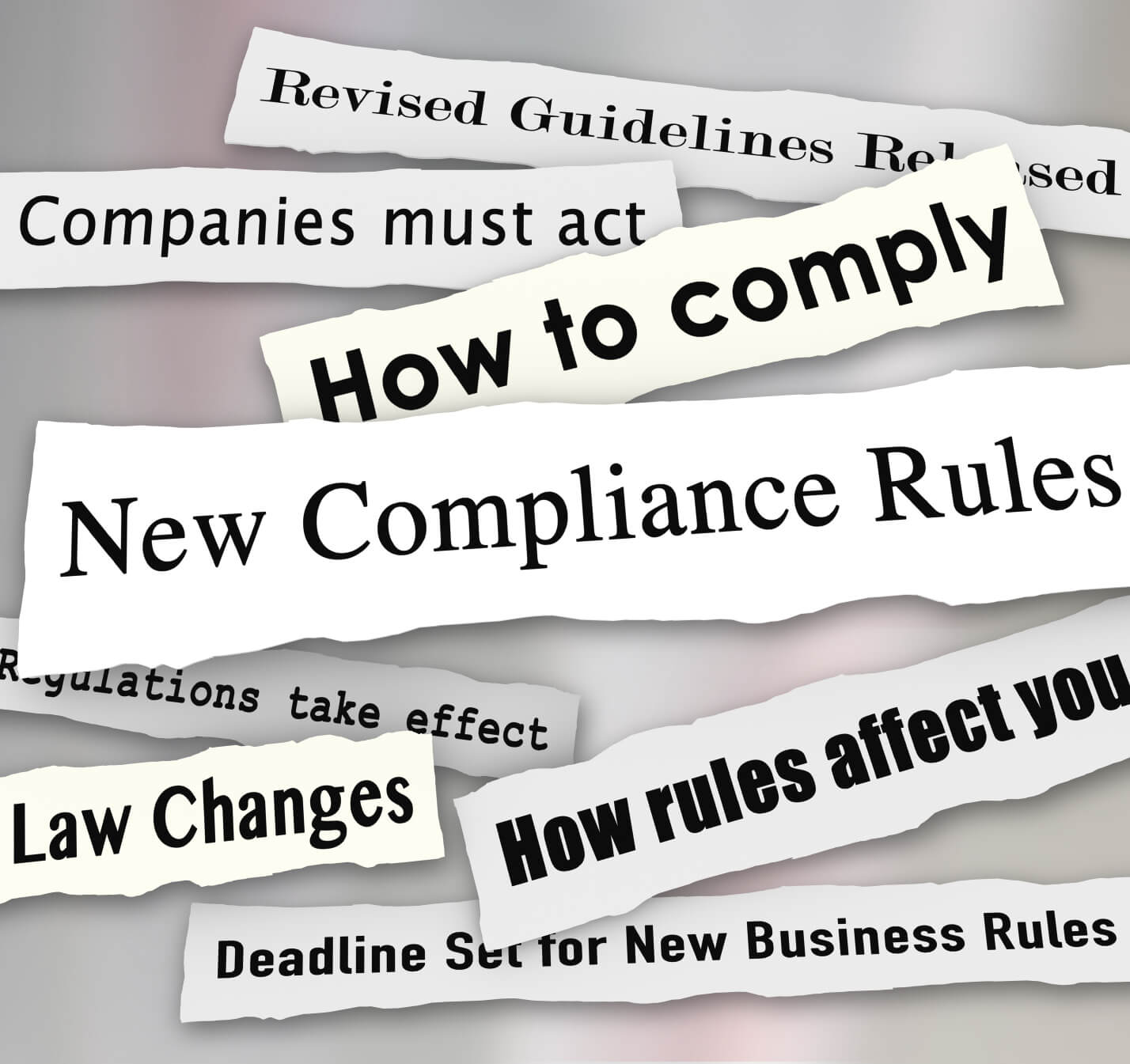Export Compliance – Where to Start?
If your company is contemplating selling across borders or has already engaged with buyers overseas to export your product, you should take a careful review of any export compliance regulations that may apply to you. Often small and medium sized businesses ignore or are not aware of the various US export regulations applicable to certain industries, products, countries, or buyers. Violating these regulations, even as a mere oversight, can be devastating to any business. For instance in the last couple years, a Maryland company with only 10 employees settled with the Office of Foreign Asset Control (OFAC) to pay a fine of $78,750 for selling and exporting three HVAC to a Chinese company that was listed as a Specially Designated National (SDN) and a jeweler in New York City was fined over $300,000 for shipping four items to an individual on the SDN list.
Violations, whether known or unknown can result in both criminal and civil fines and potential jail time for business owners. It is worth the effort and money to take heed and make a full review of your export compliance system. Some of the basic steps to protect your business from export violations include classifying your product correctly, screening your transaction partners, reviewing the destination country, and understanding how your export will be used. Let’s take a look at some of the basic ways you can protect your export business.
Classifying your Product
While imports are classified under the HTS, exports that may require special compliance documentation will be found in the Export Administration Regulations (EAR). If the item is listed within the EAR and given a specific Export Control Classification Number (ECCN) then your export may be subject to compliance documentation. The EAR will list out the ECCNs that require additional documentation or licensing and explain the process to adhere. You can search the EAR database online at the Bureau of Industry and Security website HERE. If your product does not have a ECCN it will not require an export license based on the classification, but it may be subject to other agency regulations and other rules governing the transaction party, country of destination, or end use.
Screen Your Transaction Partners
The US government has maintained a list of SDNs who are restricted from receiving exports and often from being involved with transactions involving US companies or US nationals. These SDNs cannot receive any export without compliance review and proper documentation, regardless of the item’s EAR status. SDNs can be placed on the list for many different reasons but primarily because they are subject to Congressional sanctions or they are suspected of being involved in financing terrorism, drug trafficking, or money laundering. Should you end up doing business with a SDN by exporting or other transaction, your company will be subject to some severe fines and potentially jail time if the government finds that you did it in circumvention of the export regulations.
Review Destination Country
In addition to export regulations based on the product or the person involved in the transaction, there are regulations which may govern the specific destination country. Like the SDN, these regulations may be applicable even without the product having a specific ECCN. Countries subject to export restrictions are generally countries that are in the news as being belligerent to the US or its interests. These include: Cuba, North Korea, Iran, Syria, and until recently Sudan. These and some other countries that are subject to certain limitations are listed in the Commerce Country Chart in the EAR. Should your exports be sent (or even transshipped) to one of these countries you will need to tread very carefully as nearly all exports to these countries will require a license from BIS and may be subject to additional requirements under OFAC.
Understand Your Export End Use
Many products can be used in multiple ways, dual use products. For instance a respirator mask can be used for many legitimate commercial reasons, but it can also be used for military or policing purposes. Exporting a respirator for military or police use will require proper approvals and an export license, while exporting a respirator for a business purposes would not require the additional compliance. This can be a very tricky regulation to comply with as your buyer may not share or flat out lie about the end use of your product. The BIS has provided a handy Red Flag Indicators that will help you understand whether you need to take additional steps for export compliance. It is not a defense to the export regulations that you were not aware of the end use or that your suspicions were not raised if there are red flags that you should have been aware.
For help with ensuring your exports are fully compliant, call Reidel Law Firm today. You can reach us at +1(832)510-3292 or by using the contact form below. We’d love to find a way to protect you and your business from onerous export regulations.



